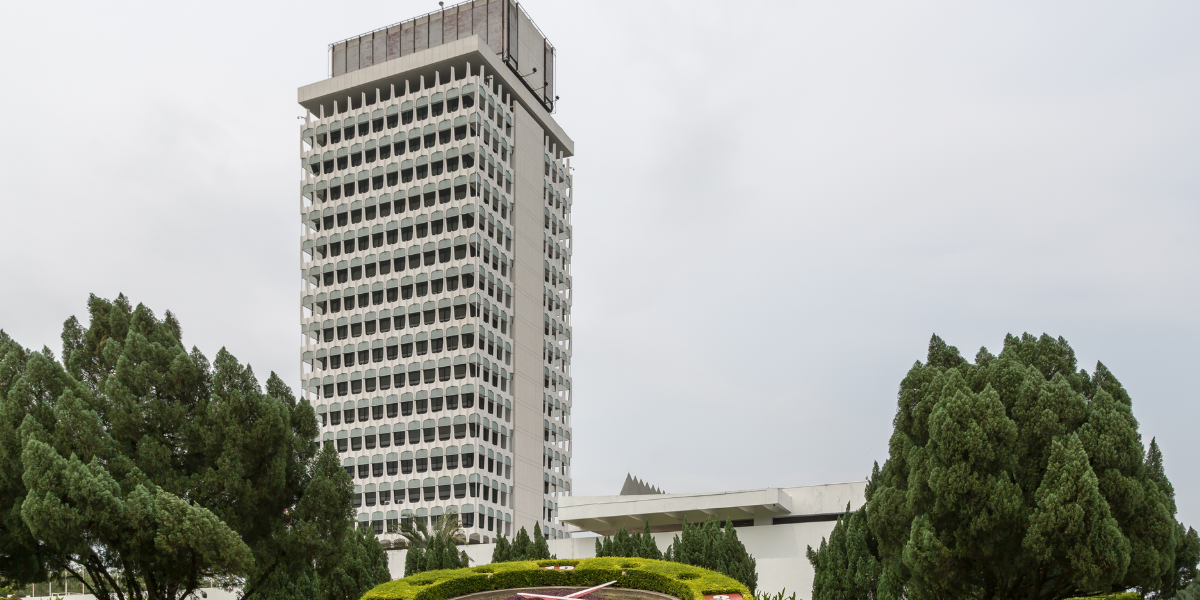According to a recent report published in the OECD Economic Surveys on Malaysia for 2024 on 27 August 2024, the OECD recommended Malaysia reinstate the goods and services tax (GST) at a low rate, coupled with targeted social transfers for vulnerable households.
This strategy aims to generate additional revenue, which is expected to assist Malaysia in achieving its short-term 3% deficit target.
The report highlights that consumption taxes like GST are stable revenue sources, less harmful to economic growth, and cause fewer employment and investment distortions. In addition, enforcing GST is simpler and can’t be evaded easily.
The OECD advises Malaysia to adopt a low initial GST rate to circumvent the challenges encountered during its 2015 rollout. Additionally, it suggests offering targeted social transfers to assist households affected by the tax, which is considered more effective than implementing reduced rates and exemptions.
Malaysia has undergone significant changes in its consumption tax system, shifting from a single-stage tax system (i.e., imposed only at one stage in the supply chain) to a value-added tax system.
Sales tax and service tax (SST)
The single-stage tax system consisted of two independent taxes: the 1972 sales tax (imposed on goods) and the 1975 service tax. The sales tax is generally an ad valorem tax with a standard rate of 10%, with certain goods taxed at 5%. Other goods are taxed at specific rates or are exempted.
The ad valorem tax rate on services is 6% for all taxable services, including digital services, except for charge card or credit card services, which are taxed at a specific MYR 25 (USD 5.20) annually.
In April 2015, Malaysia introduced the GST, a broad-based multi-stage consumption tax, to replace the existing SST. This value-added tax aimed to streamline the tax structure to make it more efficient, effective, transparent, and business-friendly while reducing government deficits and debt.
The GST, which had a 6% standard rate, enhanced revenue collection and reduced tax evasion.
However, implementation issues undermined public support for the GST, notably high compliance costs borne by smaller firms and delays in providing tax refunds to businesses. Following the abolishment of the GST, the government reinstated the SST in September 2018, but on a substantially smaller tax base.
The OECD also recommended strengthening the tax administration in the survey, as this would help raise additional tax revenues.














